Category: Bearded Dragon
-
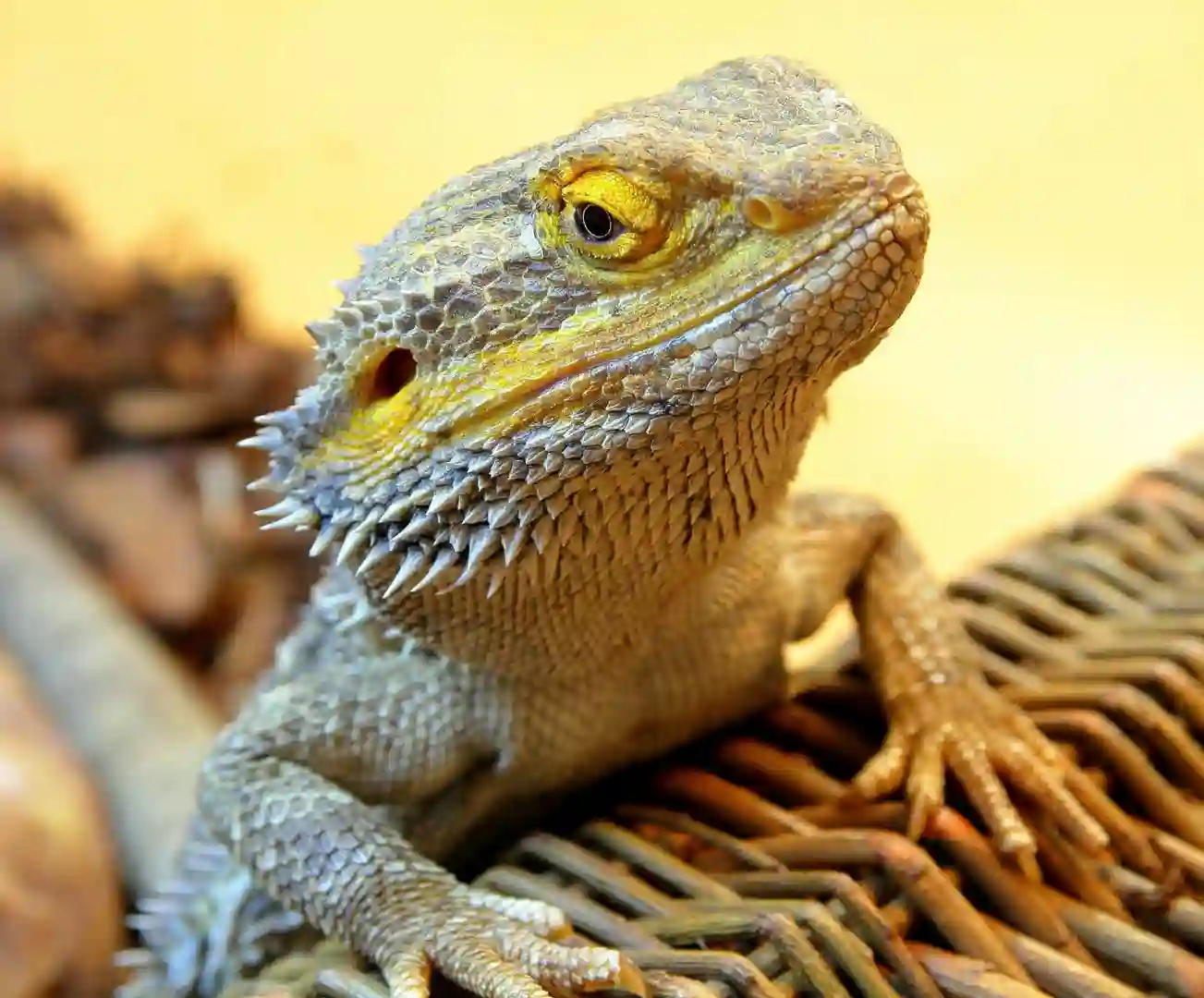
Can Bearded Dragons Eat Lunch Meat?
While it is technically possible for bearded dragons to eat lunch meat, it is not recommended as a regular part of their diet. If you want to feed your bearded dragon meat, it should be cooked, lean, and unseasoned. It should also be offered in moderation as an occasional treat or as an emergency protein…
-
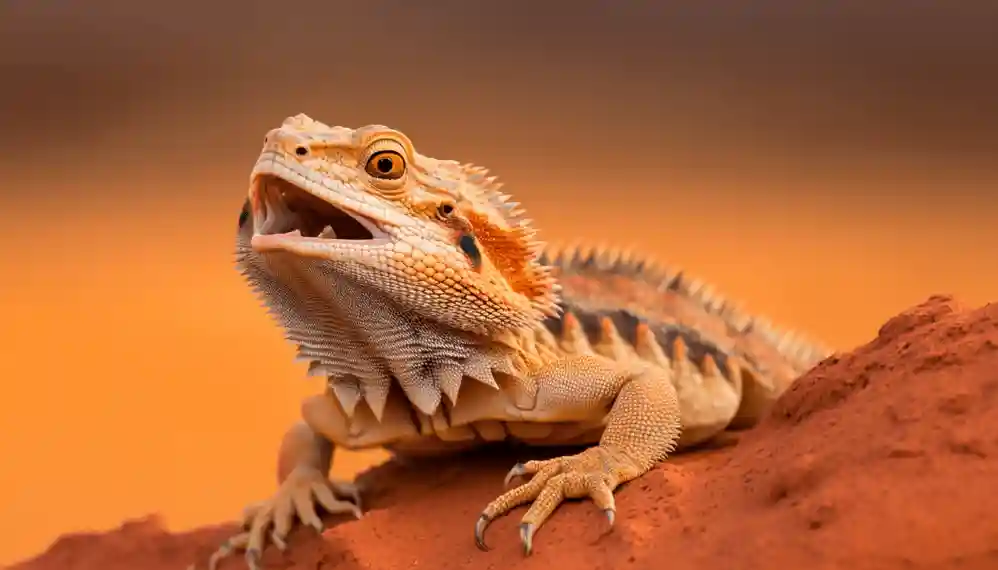
Can Bearded Dragons Eat Peaches?
The skin and pit of the peach present a choking hazard, so they should be removed before feeding the fruit to your bearded dragon Peach skins also absorb pesticides and other chemicals harmful to your pet dragon It is recommended that you feed fresh peaches occasionally rather than canned peaches, which contain preservatives and chemicals…
-
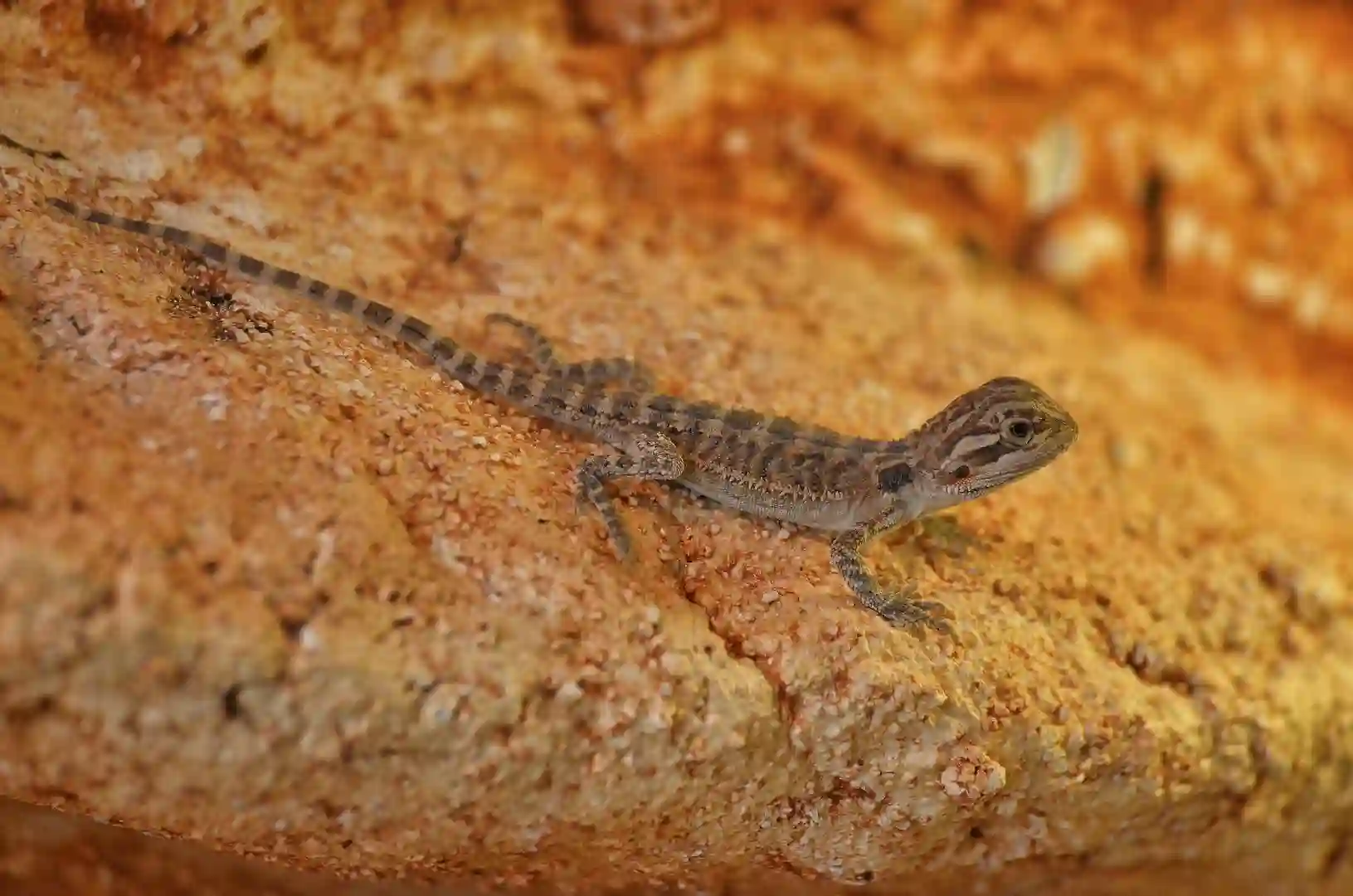
Can Bearded Dragons Eat Raisins?
Raisins are high in sugar and have a poor phosphorus-to-calcium ratio, which can harm the lizard’s diet and health if consumed in large quantities or regularly. Baby bearded dragons should not be fed raisins as they need a primarily animal-based diet for healthy growth and development. Nutritional Benefits Of Raisins For Bearded Dragons Raisins are a popular…
-
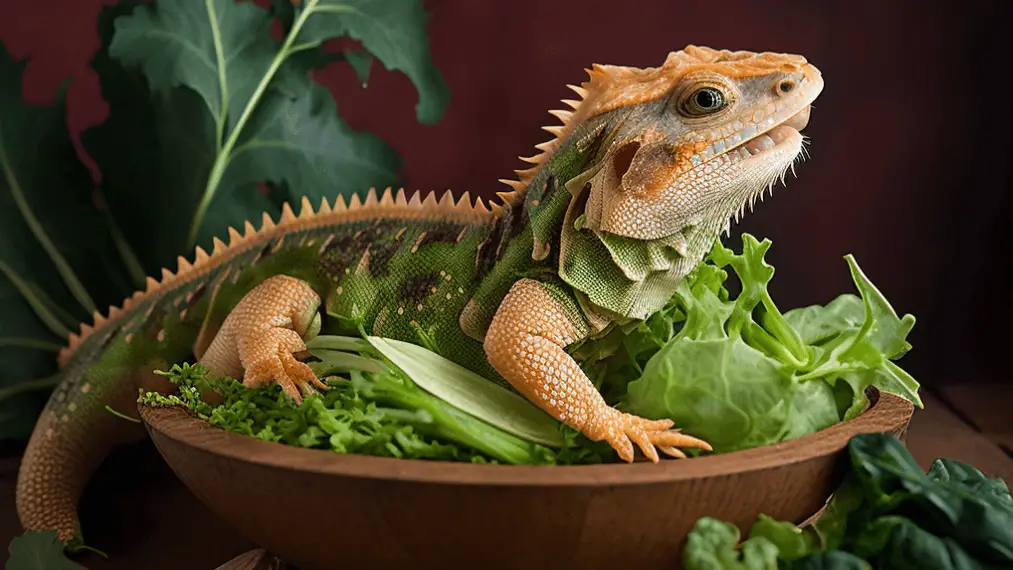
Can Bearded Dragons Eat Arugula?
Arugula is a nutritious and healthy vegetable for humans and bearded dragons alike. It is low in calories and fat, making it an ideal choice for bearded dragons. It provides essential vitamins A, C, and K, as well as minerals such as magnesium, potassium, and calcium. Arugula lettuce also contains dietary fiber, which helps to…
-
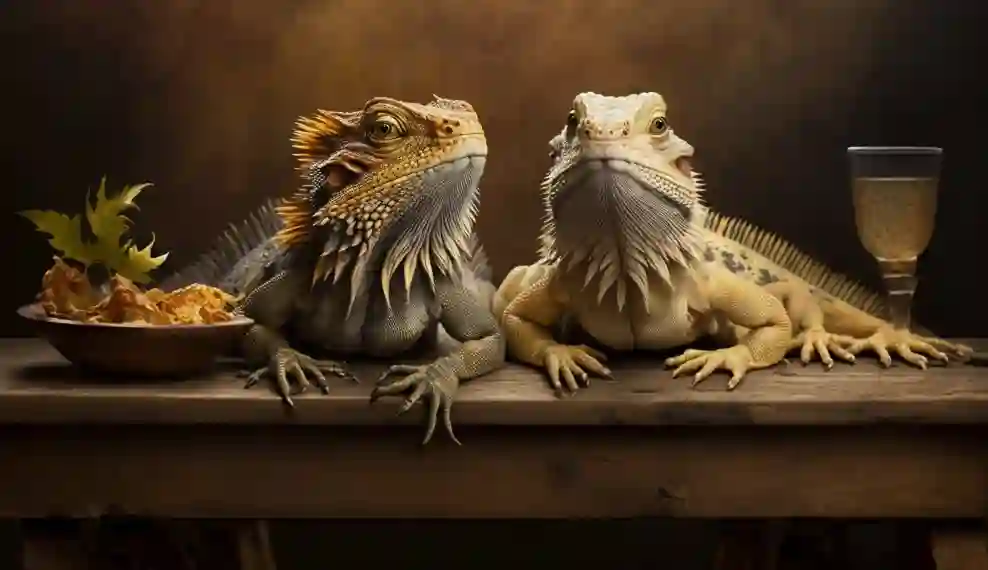
Can Bearded Dragons Change Gender?
Some owners and specialists believe that observing behavior and physical differences can also help determine the gender of a bearded dragon. As temperatures creep above 32° Celsius, chromosomally male ZZ dragons will reverse course and develop as females instead. When temperatures reach 36° Celsius, 100% of genetic males develop into sex-reversed females. This means that…
-
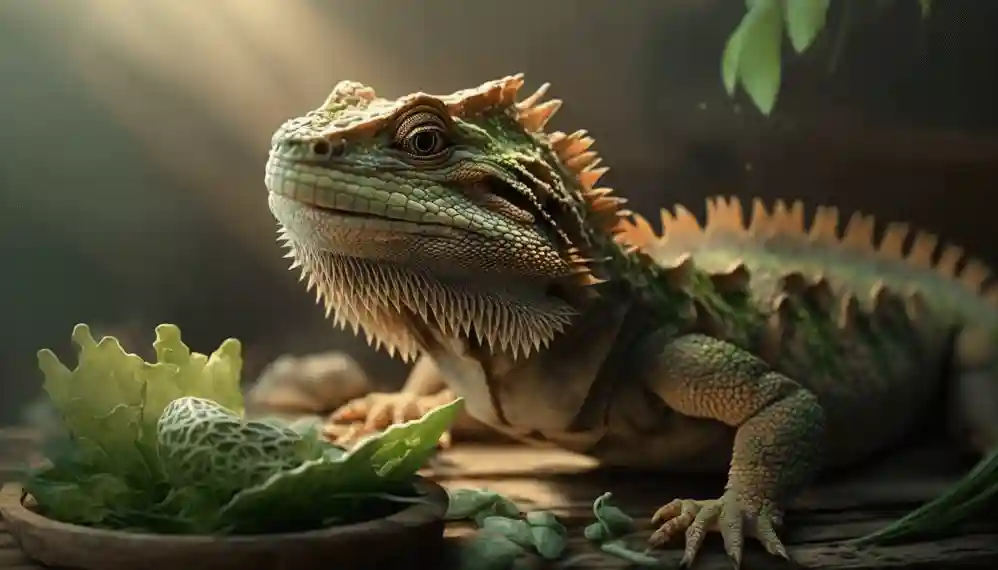
Can Bearded Dragons Eat Lettuce?
Lettuce has high water content and is nutritionally poor, which can cause runny stools and stomach discomfort. Romaine lettuce is the best choice if you are going to feed your bearded dragon lettuce because it offers the most nutritional value for bearded dragons and humans alike. Other leafy greens, including other lettuce varieties, are much…
-
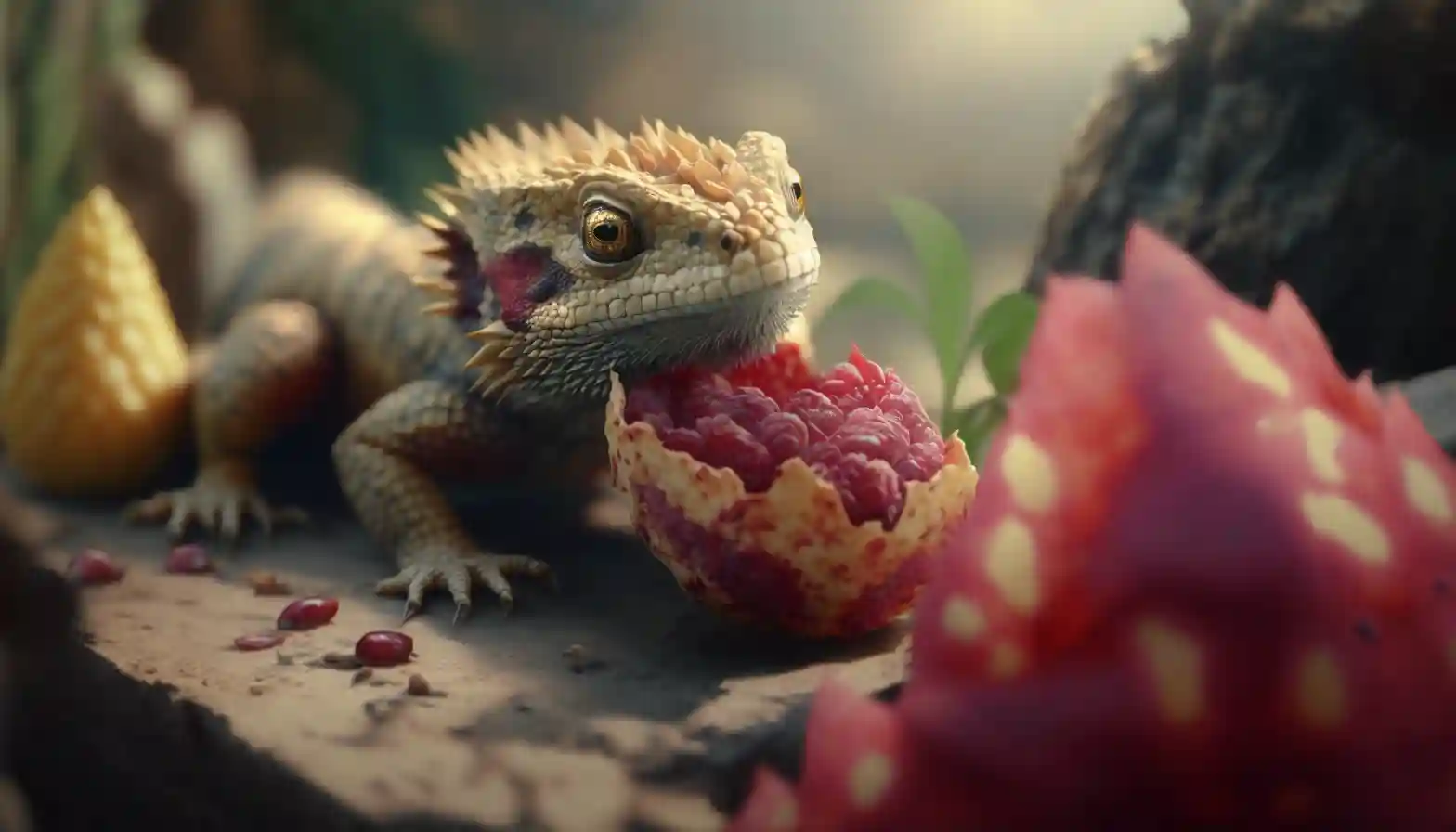
Can Bearded Dragons Eat Cherries?
The pits should be removed before feeding them to your pet, as they can cause impaction and extreme pain. Some sources suggest that cherries are beneficial for bearded dragons because they contain important nutrients, while others warn that they are high in sugar and not very healthy. Cherries are low in calcium and high in…
-
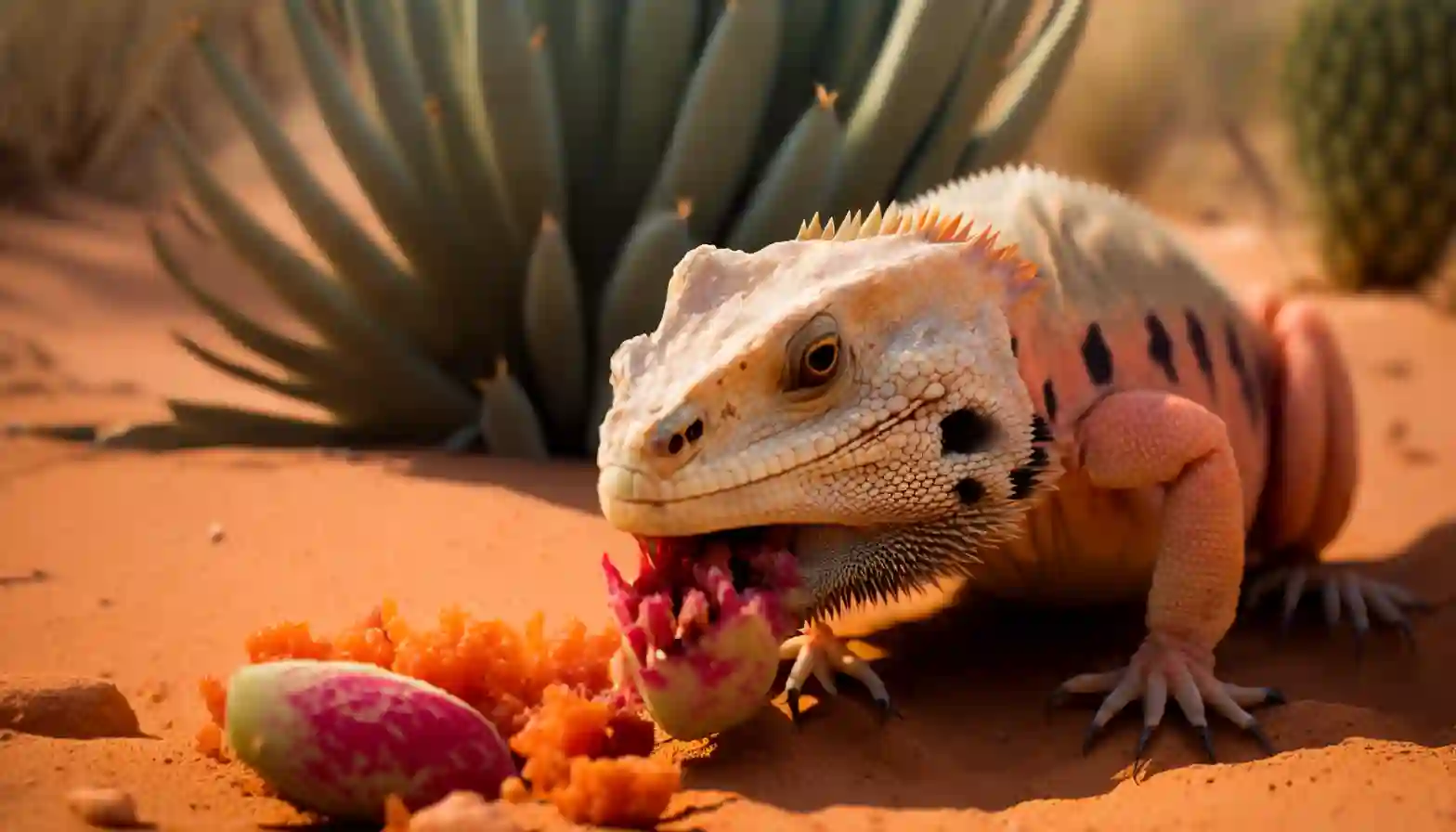
Can Bearded Dragons Eat Dragon Fruits?
Dragon fruits are healthy for bearded dragons and contain many beneficial nutrients such as antioxidants, fiber, and fatty acids. The seeds of dragon fruits are also safe for consumption. When fed in excess, dragon fruits can be detrimental to the health of bearded dragons. Dragon fruits are high in sugar and acid content and have…
-
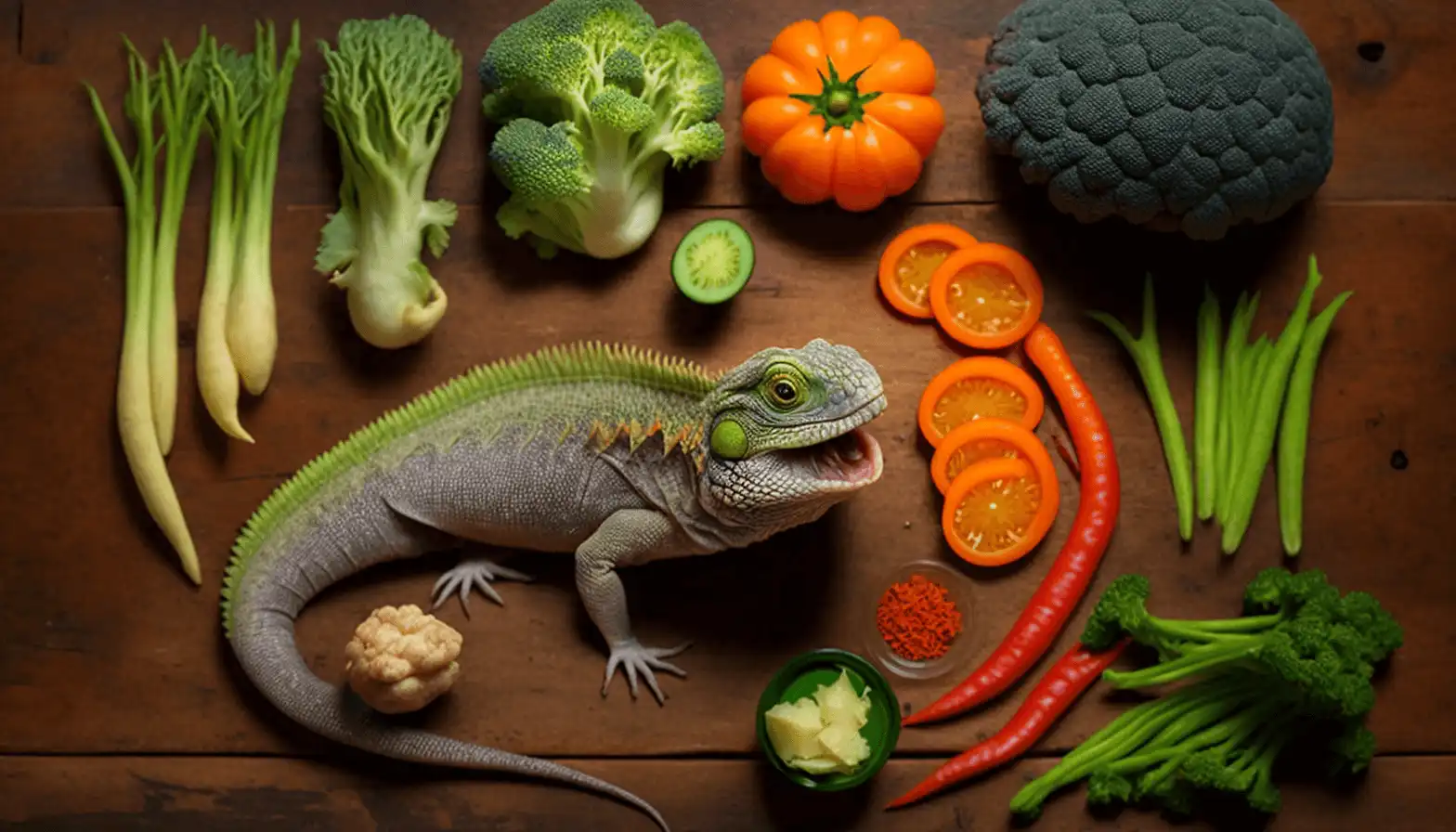
Can Bearded Dragons Eat Broccoli?
Bearded dragons should only eat one small floret of raw broccoli once a month or so. Broccoli offers numerous health benefits to humans and bearded dragons alike, including vitamins A and C, which strengthen the immune system, vision, reproduction, and growth. Baby bearded dragons should eat a diet of 80% insects and 20% plants (it’s…
-
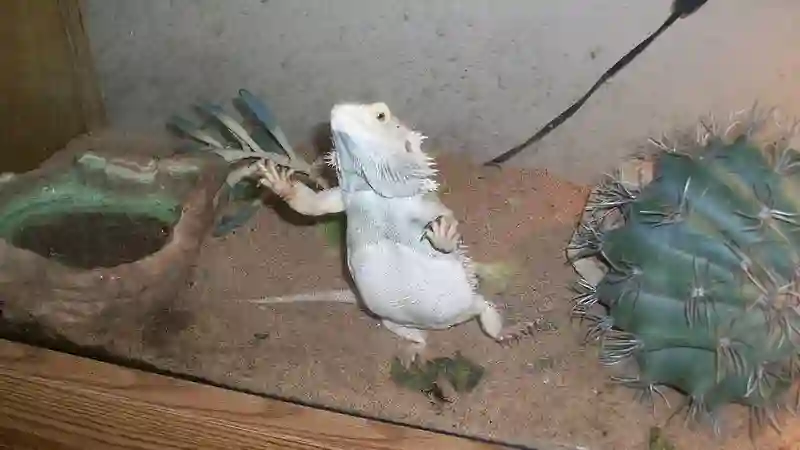
Why are my bearded dragon’s legs white?
As beardies get older, they begin to shed less regularly, and that is the most common cause of turning white. Shedding is the most common cause of turning white among beardies, and it is a natural part of the process. During shedding, the white coloration on the bearded dragon’s legs, head, and tail is caused…